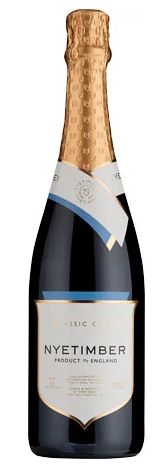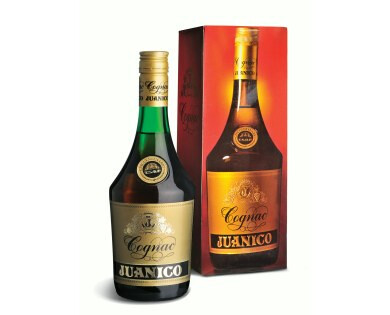And Cornwall for growing tea (Tregothnan).
As for the fraud, your count leaves the fraudster with 9-10 million. That’s a nice piece of change for 3.5 years prison, even more so as he’ll get out much sooner.
And Cornwall for growing tea (Tregothnan).
As for the fraud, your count leaves the fraudster with 9-10 million. That’s a nice piece of change for 3.5 years prison, even more so as he’ll get out much sooner.
The South of the UK is the new “Champagne” region. Of course they can’t call their sparkling wine champagne but it’s still winning awards:

Cherie Spriggs, was the first person outside Champagne to be awarded Sparkling Winemaker of the Year in 2018. She was also the first woman to win the accolade. Classic Cuvée is Nyetimber’s flagship fizz and it’s made in the same way as traditional French sparkling, giving it equally complex flavours.
Maybe they could, now that the UK is out of the EU.
No, they’re still subject to the same rules.
“Champagne” is only the wine produced in Champagne region according to their traditional methods.
No other sparkling wine can be called “champagne” - whether is good or not and it uses the same methods.
It has nothing to do with EU. It has always been like this.
It’s not just sparkling wine. Wine produced in the commune of Champagne in Vaud cannot be called Champagne.
France held up the signing of the CH-EU bilateral accords over this issue.
How so?
@bowlie, last time I checked the UK isn’t CH.
I believe you are correct, but how is that relevant? It isn’t EU regulations that protects “Champagne” it is international agreements that the UK has subscribed to.
Haha, that’s a tough one because the commune is really called Champagne. But the French ensured the protection of their trademarks in every way they could; well - unsurprisingly in the Russian Federation some locally produced sparkling wines are still called “champagne” so many think it is OK.
Yeah, it’s still used as a generic term in the USA as well. “French Champagne” is often referenced on TV and in movies, to distinguish it from the “domestic” version that is still apparently allowed to use the name.
Actually the French and US have actually made an agreement which recognises the French view. As a compromise any of the companies that were producing “Champagne” before the agreement was reached could continue using “American Champagne” indefinitely.
Apparently it’s plonk.
Not strictly true.
Uruguay is also allowed to use the word Champagne.
France granted them this after Uruguay cancelled the debt owed to it by France after WWII.
They don’t tend to use it on bottle labels but in general advertising.
I never mentioned the EU in my post.
I recall many (probably 35 or more) years ago on a holiday in St Lucia that the newly-opened hotel held a ‘champagne’ evening, with several different types on offer, but (un?)fortunately the staff had no idea of the difference between the American Plonk and the Veuve Clicquot, so were happy to just mix and match. Easily spotted and remedied, and a couple of bottles of the good stuff were quietly secreted away.
That place was so badly organised they must have been making a loss on virtually everything in that first season that they were open. I hope they learned quickly.
And which is/are that? Ace appears to be above answering (assuming he actually knows).
The protection of “Champagne” as a geographical indication is enforced through several international agreements and legal frameworks:
These agreements collectively ensure that the name “Champagne” is reserved for authentic products from the Champagne region, maintaining its reputation and quality globally.
But Roxi did a couple of posts above greenmount’s and one after yours.
I assumed that you would be able to work a search engine, sorry.
There’s also a similar story on the net about the brandy produced in Uruguay being allowed the name “Cognac”.
That is very interesting, considering the French are quite nationalistic when it comes to food and drink, patents etc.
I didn’t find anything more official about these stories though, but if it’s true it’s quite something!

For the same debt, repayment was also made by giving Uruguay’s government a Cognac distillery.
Story here
It’s your assertion, the onus is on you.
But you don’t know how to look it up.